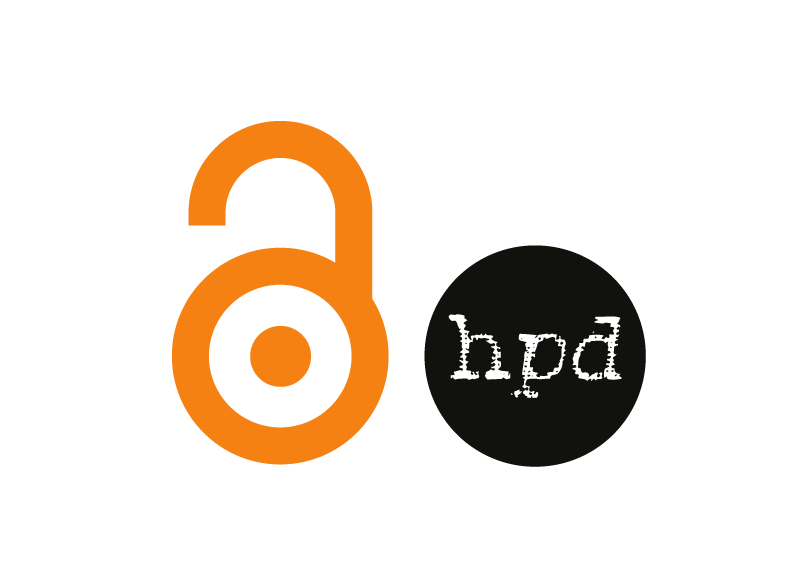The International Open Access Week is now entering its eleventh year, and hegelpd is going to be part of it: from October 22nd to October 28th, we will be sharing with our readers at least an open access article a day.
What is Open Access (OA)? Open Access is the online, immediate, free of charge access to scholarly research material (journal articles, theses, book chapters etc.), free of most copyright and licensing restriction. (Click here for more information)
What is International Open Access Week (October 22nd – 28th, 2018): The OA week is a global event, now in its 11th edition, involving conferences, seminars, and various events all around the world focusing on the OA concept. It is organized to allow academic and research communities to learn about the potential benefits of OA, promote wider participation in this new movement, and enable circluation of research with improved accessibility. This years’ theme will be “designing equitable foundations for open knowledge”. It reflects a scholarly system in transition. While governments, funders, universities, publishers, and scholars are increasingly adopting open policies and practices, how these are actually implemented is still in flux. As open becomes the default, all stakeholders must be intentional about designing these new, open systems to ensure that they are inclusive, equitable, and truly serve the needs of a diverse global community. This year’s Open Access Week invites all interested stakeholders to participate in advancing this important work. Here is the official website.
Open Acces Week and hegelpd: hegelpd will post scholarly journal articles and reviews, one a day, easily accessible directly from the blog.
hegelpd will be “designing equitable foundations for open knowledge”: As a website which is a space for sharing resources, news and contributions, our blog finds the cause of open access very close to its aims and intents. hegelpd will be open in order to better circulate knowledge, to open the boarders of italian research and scholarship in philosophy, to show what philosophical research looks like to a wider public.

